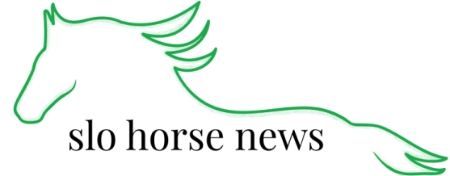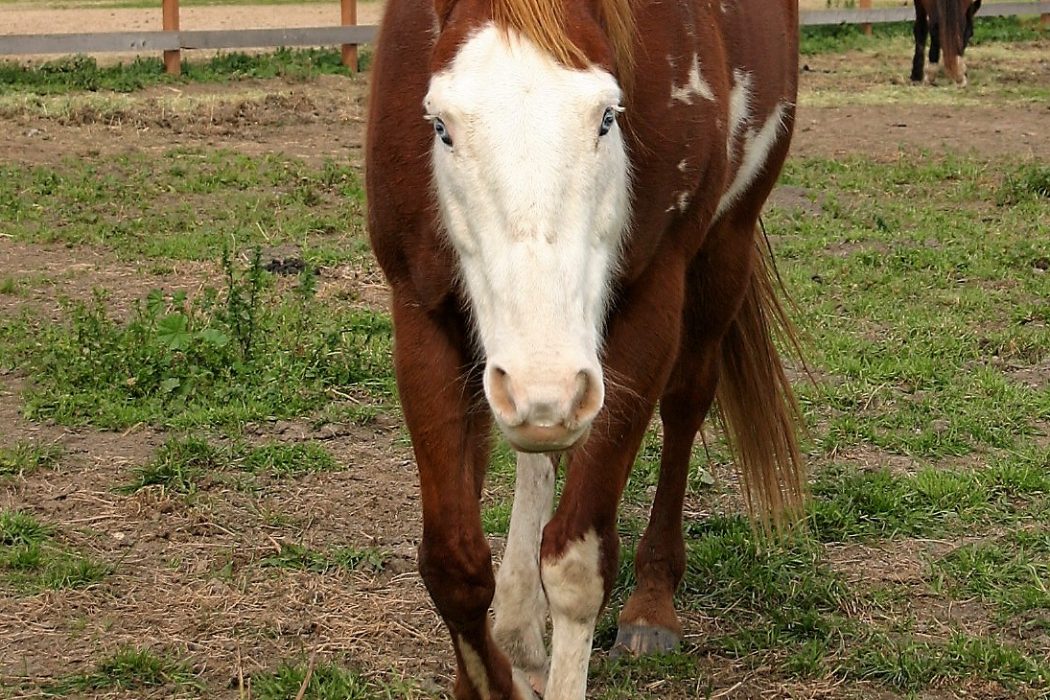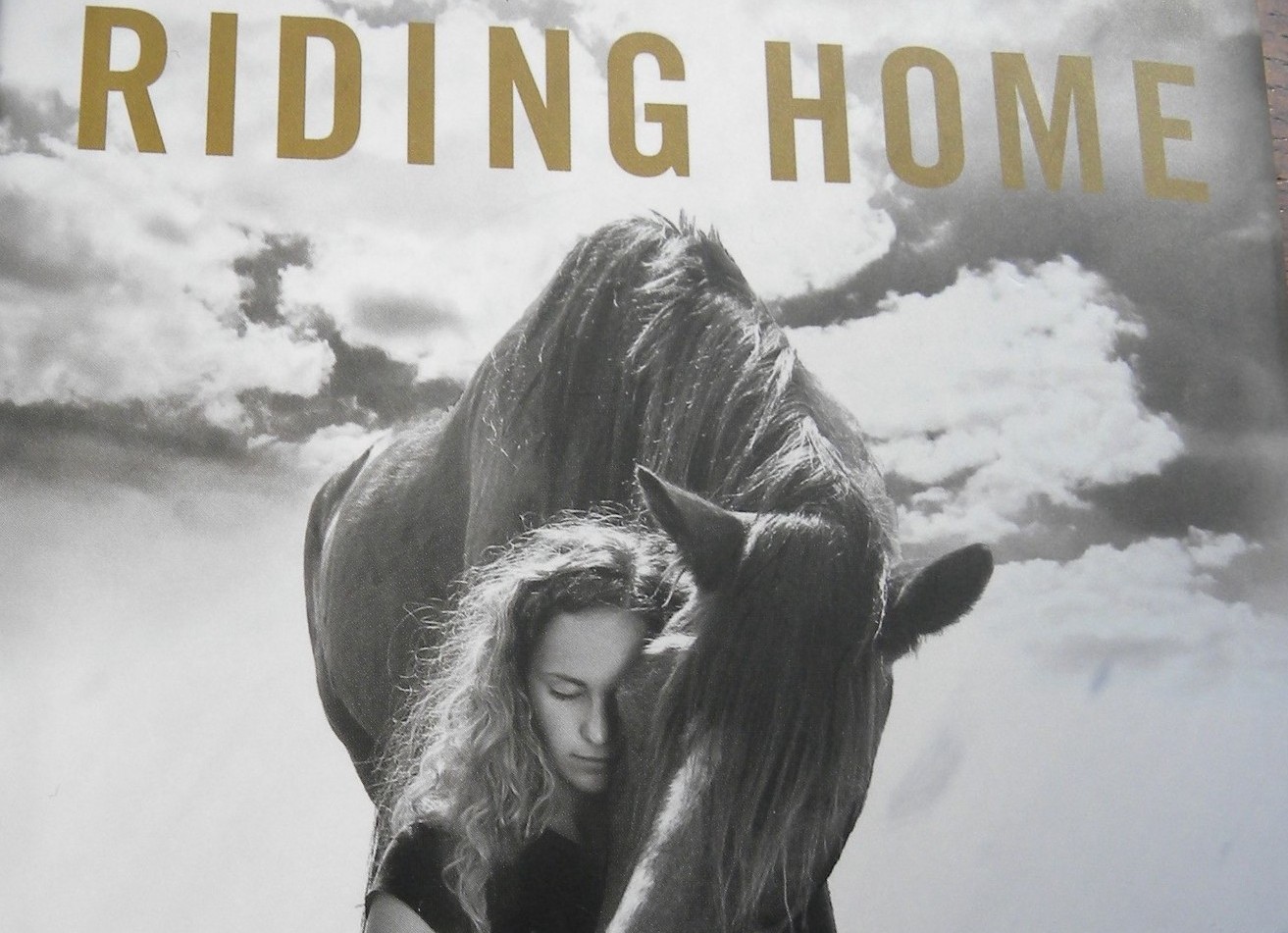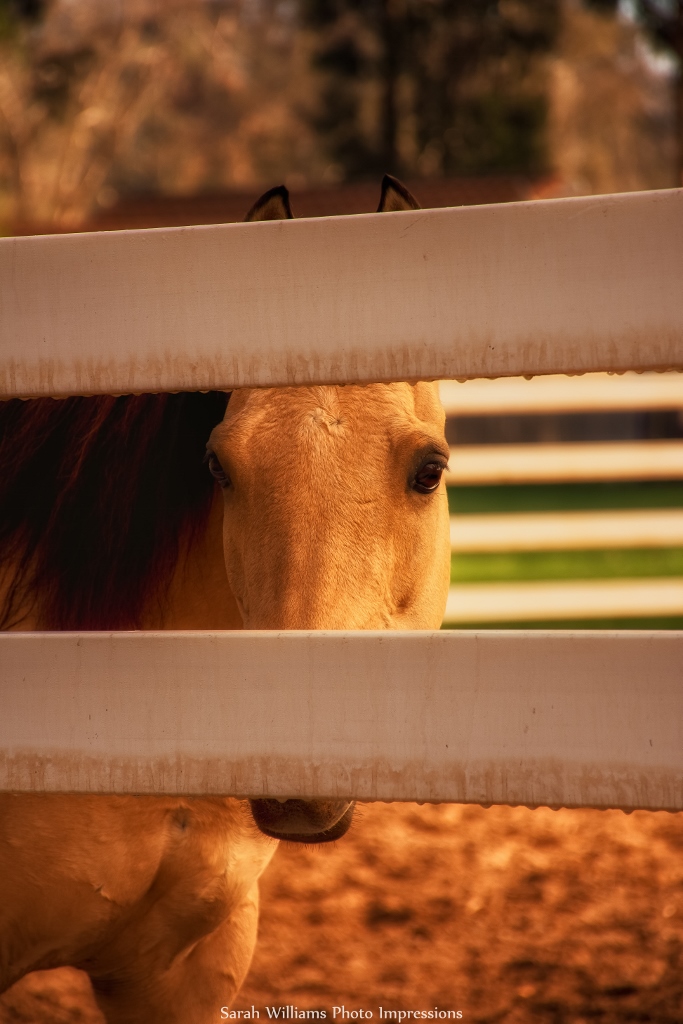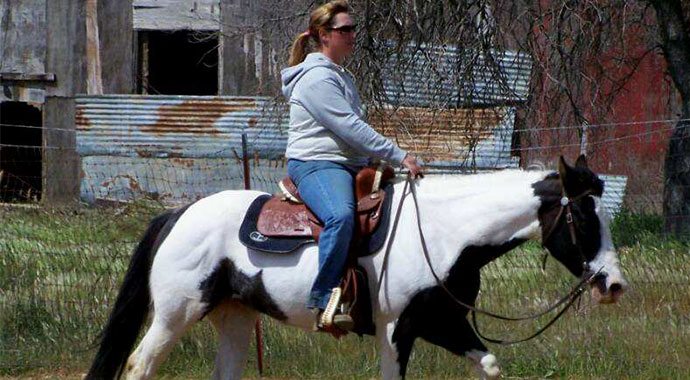“Hey, I see you over there by the tack room. I know you usually come out of there with treats , so would you mind hurrying up a little bit opening the door?” Can horses talk? If your horse could talk to you verbally, believe me, he would have a lot to say. Sure, a good majority of his “talk” would be centered around asking for things, and not necessarily philosophical conversations surrounding religion and politics – thank goodness! Still, most evolved horse owners realize that horses in fact can talk.
Can Horses Talk?
Recent studies have shown that horses do in fact have an intentional way of communicating with people. In a study done by the School of Ethical Equitation, in Moncigoli Di Fivizzano, Italy, it was shown that horses are capable of heterospecific referential communication, which is essentially the ability to communicate specifically about something to someone else. When it comes to horses, this means that our horses can indeed communicate fairly precise needs to us.
Most of the early studies in this area used a treat bucket, and horses were observed pointing, stomping, turning and tail swishing, and even attempting to “lead” humans toward the bucket in order to receive a treat. So, was this just behavioral luring? The whole “mouse presses a button and food comes out” conditioning trick? The studies when farther.
The Centre for Mammal Vocal Communication Research at the University of Sussex in Brighton used 36 horses and ponies to observe their responses to human attention. Nearly 80% of the horses and ponies in the study chose to approach the human who appeared to display the most “attention” to the horse – whether this was walking toward the horse, looking at the horse, turning toward the horse, etc. This study showed that horses are able to read our body language, and that they are indeed aware of the way that we interact with them, and thus, in turn, they interact with us.
What Does This Mean for Us?
So, we know that horses can communicate. We know that they respond to our attention. How are we, as horse owners, able to translate this inquisitive attention into something that could increase the bond between us and our equine partners? The most important thing that we can do as horse owners is be observant. We must realize that everything our horses do has a purpose. When you throw the saddle pad on the back of your horse and he pins his ears or swishes his tail, he’s trying to tell you something – perhaps he’s just cranky, or perhaps there is a reason why he doesn’t like being saddled (ill-fitting equipment, bad experiences under saddle, etc.). When you are out on a trail ride and your horse stops and begins to back up, your first response may be to use a crop or heavy leg to urge him forward, but maybe he’s trying to tell you something that you just haven’t taken the time to understand.
My Own Horse Talked To Me
I can remember a day when I was out riding my sweet and solid trail horse out on a riverbed trail in Nipomo. She was always a leader on any of the rides that we took, and although she wasn’t one to “run off”, she had a brisk walk that made riding her easy. As sad as it is to admit, I often times hooked the reins around the horn and turned around in the saddle to talk with my fellow riding mates – not something I suggest, by the way. Well, on this particular day, we were moving along at a brisk pace and suddenly, my mare stopped dead in her tracks. She put her head down and snorted a little and then began to back up. Everyone else stopped their horses and I was left feeling embarrassed that no matter how much I squeezed, turned circles or tried to urge her forward, my mare just wouldn’t continue. Eventually, exasperated, I began to look around us, and there at the edge of the trail was a snake in a coiled position. I about lost my lunch. Needless to say, my horse had spotted the problem, and she was trying desperately to talk to me, but I just wasn’t listening.
In the above story, I fell into the “bad horse communicator” category. I didn’t listen when my horse was trying to talk to me. There have been other such cases… My show mare, who is usually fairly steady in the arena, refused to go into one corner of the arena one day, and as it turns out, there was a loose Rottweiler roaming the area who was snarling and growling at us. She noticed it before me. I’m sure we all have stories like this.
Listen to Your Horse
When it comes down to it, and knowing what we know about horse talk, we have to be more observant to what exactly our horses are trying to say to us. We need to take seriously the tail swishing, the ear pinning, the nickers and the “happy bucks”. We need to understand when our horse wants something and we need to listen.
Step out into any pasture and stand there long enough, and the inquisitive nature of the horse is going to kick into gear. You’ll hear hoofbeats and feel the tentative sniffing of those large nostrils as you are “checked out” to make sure that you are not a threat. Walk away slowly, and there is a good chance the horse will follow. Take advantage of this step toward having a stronger relationship, and maybe even learn to play with your horse a little bit – get a pasture ball , or a treat ball and play upon your horse’s inquisitive nature. Do what you can to listen and to learn . . . because your horse can talk, and he probably has a lot to say.
